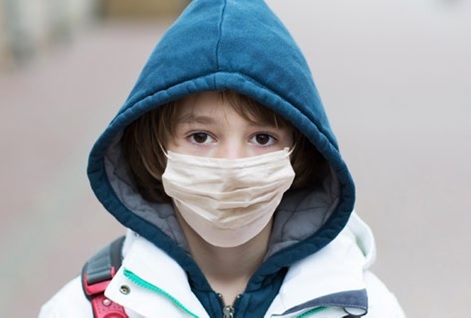
The Excluded Lives project aims to understand the contextual and institutional processes that lead to different types of formal and informal school exclusion and the consequences for excluded young people, their families, schools, and other professionals across the UK. Jemma Bridgeman from the Excluded Lives team at Cardiff University teamed up with Monika Conti from End Youth Homelessness Cymru (EYHC) to co-blog about the links between school exclusion and youth homelessness.
Previous research and government statistics show that exclusions are much more likely to effect pupils from specific groups e.g. low-income families or with additional learning needs. Research from Samaritans Cymru explains that exclusion from school is a major inequality issue, with young people being more likely to be excluded from school if they experience social inequality such as poverty, disability and/or exposure to adverse childhood experiences (ACEs). They continue that once a young person is excluded from school the adverse effects of exclusion – combined with loneliness and social isolation, declining mental health and risk of homelessness – can be a self-perpetuating cycle where inequality is entrenched.
EYHC’s Roadmap to End Youth Homelessness in Wales represents a collaborative approach to ending youth homelessness. It brings together what we know and what we should do to end youth homelessness. Based on EYHC’s research particularly amplifying youth voice the Roadmap looks at the strategies needed to end youth homelessness in Wales.
The Roadmap explains that alongside poverty, disengagement from social systems including school can increase the risk of youth homelessness. The Roadmap tells us that many young people who have been homeless have had traumatic experiences with adults early in their lives and lack supportive and trustworthy adults, teachers and other significant mentors to develop their relationship building. Public Health Wales research explains, compared to pupils who were rarely or never absent from school, people with lived experience of homelessness were 7.5 times more likely to report frequent absences from school.
Young people who are excluded from school are clearly at an increased risk of experiencing youth homelessness, as well as a range of other negative outcomes – such as isolation and loneliness and mental ill health. By working together across the UK, the Excluded Lives research project will help to better understand the patterns and trends surrounding school exclusion across the four jurisdictions, and begin to explore how exclusion may perpetuate inequality and make youth homelessness more likely.
Image Credit: Shutterstock
